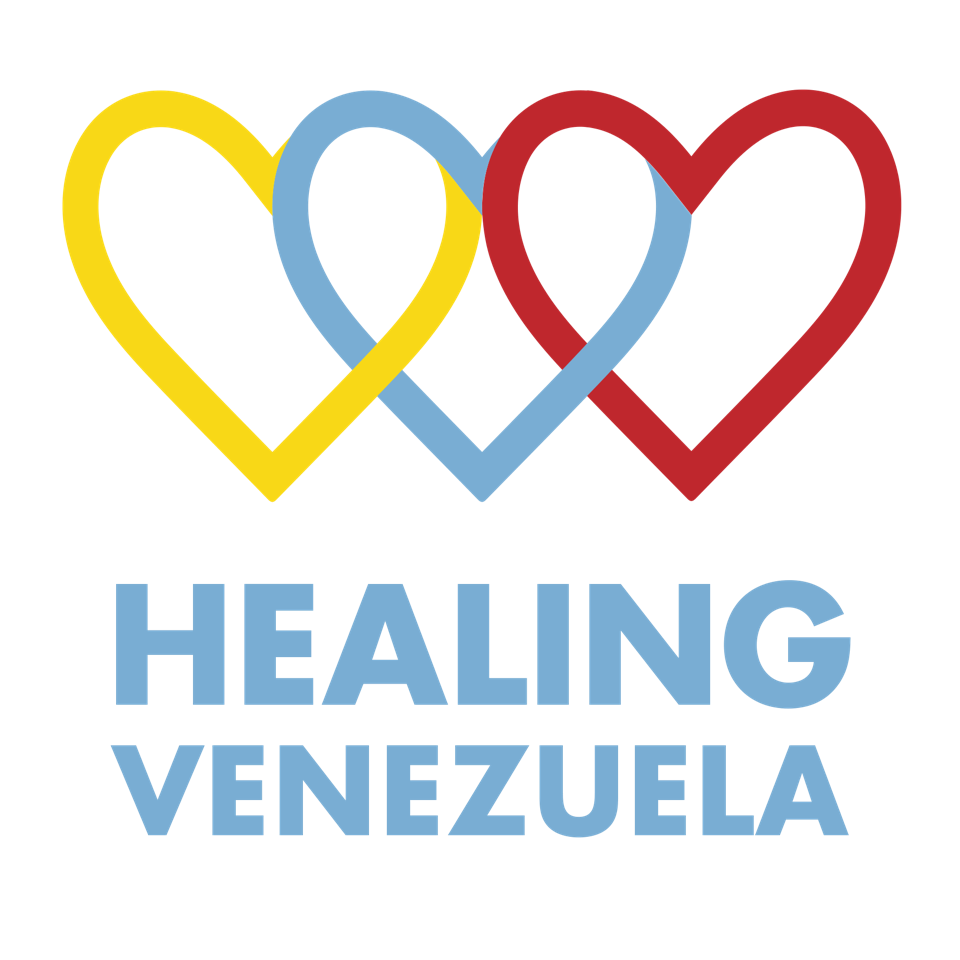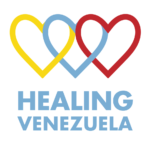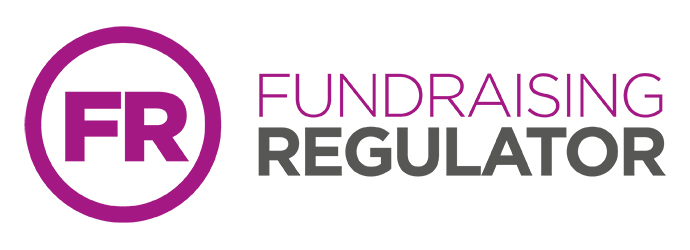Anti-Bribery & Corruption Policy
Why do we have this Policy?
This policy covers the principles and requirements on Anti-Bribery and Corruption (ABAC), and maintenance of documentation and financial records. This policy aligns with relevant international and domestic ABAC laws. In case of conflict between our controls and laws, the stricter rule applies.
Who needs to follow it?
This policy applies to all Healing Venezuela members, including board members, ambassadors, volunteers and third parties acting on our behalf.
What do you need to know/do?
We have a zero tolerance towards all forms of corruption. Corruption includes, but is not limited to: 1. Bribery
a. We do not, directly or through a third party, promise, offer, make, authorise, solicit or accept any
financial or other advantage, to or from anyone to obtain or retain operations, or secure an improper advantage in the conduct of business.
2. Money laundering
a. We do not conduct transactions that involve a benefit, property or proceeds resulting from crime including bribery, fraud and tax avoidance. Conducting those transactions may result in a breach of anti- money laundering laws and may require external reporting.
3. Tax evasion
a. We do not facilitate the evasion of taxes. We don’t tolerate violation of tax legal framework in the country.
4. Fraud
Fraud will not be tolerated. This includes fraudulent activities that involve money, information or fraudulent actions in the broader sense of the word. Breaching this policy may also imply breaking the law and there may be consequences for the individual/organisation and/or Healing Venezuela. We are committed to maintaining accurate financial records. Personal funds are not used to circumvent this policy.
1. ABAC Principles and Governance
1.1. ABAC Foundation Principles
Our four ABAC principles are in line with our corporate values and expectations. They help us analyse if corruption is a risk:
a. Legitimacy of intent: our activities, interactions and transactions have a valid purpose and are conducted in line with our values and expectations. Ask yourself:
– Is what I am doing legal and in line with Healing Venezuela’s values, expectations and standards?
– Am I suspicious about the transaction, the parties and/or the assets involved?
– Would my or the charity’s reputation be impacted if what I am doing was made public? – Transparency: everything we do is open, transparent and properly documented. Ask yourself:
– Will there be enough documentation to show why my actions were appropriate? – Have the details of the transaction been accurately recorded?
– Could my actions be seen as trying to attain a hidden objective?
b. Proportionality: transfers of value made and resources invested meet but do not exceed the needs of the interaction or transaction. Ask yourself:
– Do we need this service?
– Can we use Healing Venezuela resources?
– Is the payment at fair market value (FMV)?
– Is the amount of product requested for donation proportionate to the need? – Is the transaction in line with our previous transactions with the third party?
c. No conflict of interest or undue influence: we do not exercise undue influence over those who interact with us. We avoid situations that create or appear to create conflicts of interest. Ask yourself:
– Could any activity be seen as an attempt to improperly influence our business?
– Am I showing favouritism with a third party because of the relationship that I have with them? – Have I taken the right steps to manage any actual or perceived conflicts of interest?
The questions above are not exhaustive and are only suggested as examples.
2. ABAC Programme
Healing Venezuela ́s ABAC Programme is aligned with its internal controls and procedures, more specifically:
-Risk assessments are performed to determine the charity’s exposure to bribery and corruption risk.
-Training is provided to relevant Healing Venezuela board, volunteers and third parties based on their roles, responsibilities and risks
– ABAC ́s Policy is posted on Healing Venezuela ́s website
– Breaches of ABAC controls are monitored and resolved promptly.
3. Interaction with Government Officials
Healing Venezuela doesn’t interact directly with government officials, unless required by law. It ́s forbidden to improperly influence government officials to obtain or retain benefits or advantages.
If for exceptional reasons Healing Venezuela or its partners have to interact with government officials, the relevant standards, laws, regulations and codes of conduct applicable will be followed.
3.1 Definition of Government Official
‘Government’ refers to all levels and subdivisions of government, i.e. local, regional, national, administrative, legislative, executive, or judicial.
Government officials are defined broadly as:
– Any officer or employee of a government or any department, agency, or instrumentality of a government (which includes public enterprises and entities owned or controlled by the state);
– Any officer or employee of a political party, or any candidate for public office;
3.2 Travel & Accommodation Expenses
Healing Venezuela will pay or reimburse travel and accommodation for government officials only when there is a legal requirement to do so, with the previous approval of Healing Venezuela legal department. Travel and accommodation booking and changes are made through Healing Venezuela designated travel agencies. When government bodies are required to follow their own arrangements, we reimburse the government body only after receiving the original receipts for each expense. We do not pay or reimburse these types of expenses directly to the government official. For meals and local ground transportation where Healing Venezuela contractor is present, payment is made directly by us.
3.3 Meetings with government officials
On exceptional circumstances, because of legal requirements, Healing Venezuela will have to meet with government officials. Meetings will follow relevant laws, including competition and anti-bribery
and corruption laws.
Meetings occur in the ordinary course of business in:
– The offices of the government official in the country where they are based. – At a Healing Venezuela or one of its partners centres
– In the context of a formal and permitted site visit.
– At a third-party meeting.
3.4 Meetings arranged by third parties
Healing Venezuela does not provide direct financial support to government officials to attend meetings arranged by third parties. However, we may provide funding to, or be a member of groups that provide independent financial support to government officials. These groups can include: charitable associations, bona-fide foundations or educational institutions. The selection of government officials to receive funding is made independently by the third party.
3.5 Engaging with current and former government officials
Former government officials ́ engagement will be considered on specific cases. We do not contract the paid services of government officials who have an actual or perceived position of influence which could affect our activities.
3.6 Gifts to and from government officials
In no case will gifts or invitations will be offered or accepted from government officials.
3.7 Other transfers of value from governments and government officials to Healing Venezuela volunteers or service providers
If acting on behalf of Healing Venezuela, it ́s forbidden to:
– undertake any paid services for any government or government official – accept invitations to government arranged / sponsored events (per section 2.8).
If acting in a private capacity, a written approval from the board before: – becoming a candidate for public office or
– Undertaking paid services for any government or government official.
3.8 Attendance at, and sponsorship of political meetings, conferences or conventions
Healing Venezuela does not make political contributions or sponsor political meetings,
conferences or conventions. Members of the board or volunteers may attend political meetings, conferences or conventions on behalf of Healing Venezuela, only if there is a valid business reason for attending. Healing Venezuela would pay entrance fees for such meetings with previous approval from the board. It ́s forbidden to attend political fundraising events on behalf of Healing Venezuela.
4. Bribery
Bribery and corruption are strictly prohibited. Bribes relate to giving or receiving anything you or the recipient considers valuable, e.g: cash, gifts, services, job offers, loans, travel expenses, entertainment, hospitality, kickbacks, discounts, rebates, investment opportunities or funding. The board ensures that any red flags identified prior to and during the engagement are mitigated or resolved.
5. Solicitation and Extortion
We avoid opportunities for others to solicit an illicit payment. There are no adverse consequences for refusing to make an illicit payment, even if that results in a negative impact to the business. Refuse all solicitations of illicit payments. If the rejection to make a payment poses a security risk, immediately send an email at [email protected] o get in touch with Dr Andres Ortiz in Venezuela at +58 416 426 2732
Volunteers and contractors on the ground security and safety, as well of third parties, are a priority. If at any point during a bribe demand or extortion event there is a fear for your safety or for the safety of others, you are allowed to make or offer to make the payment. These instances are rare.
These are called payments under duress and may be legally defensible. These are monitored and require documentation (see section 5). Any instance of such payments being repeated, systemic or accepted as part of the way of doing business are not payments made under duress and are not allowed.
3. Reporting and recording
Report to the director of the project and the board of Healing Venezuela any demands received for a bribe, whether payment has occurred or not, at the earliest opportunity. If any illicit payment has been made, the board of Healing Venezuela ensures payment is recorded accordingly in our books and records. Books and records include accounts, invoices, correspondence, memoranda, tapes, discs, papers, books, and other documents or transcribed information of any type.
Any questions regarding our ABAC policy, please email: [email protected]


